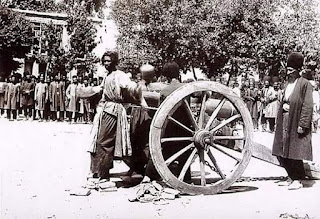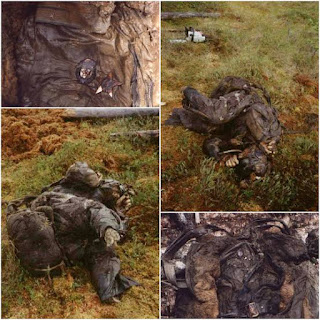80 years ago , on the 4th of November 1942, was a very significant day for the UK and the world on the path to victory over the Nazis and the Axis powers in World War Two.
80 years ago , on the 4th of November 1942, was a very significant day for the UK and the world on the path to victory over the Nazis and the Axis powers in World War Two.
The Battle of El Alamein ended with victory for the allies, after 12 days of conflict with Rommel's Corps, just the day after the British Eighth Army, commanded by General Bernard Montgomery, broke through the German front line having taken 9000 prisoners and destroyed 300 tanks.
By late morning on 4 November, Rommel realised his situation was desperate, he telegraphed Hitler for permission to fall back on Fuka.
As further British blows fell, Thoma was captured and reports came in from the Ariete and Trento divisions that they were encircled.
At 17:30, unable to wait any longer for a reply from Hitler, Rommel gave orders to retreat.
Rommel put in place some delaying tactics for a following week - but the battle was up for Germany.
The Second Battle of El Alamein (23 October – 11 November 1942) was a battle of the Second World War that took place near the Egyptian railway halt of El Alamein.
The First Battle of El Alamein and the Battle of Alam el Halfa had prevented the Axis from advancing further into Egypt.
In August 1942, General Claude Auchinleck had been relieved as Commander-in-Chief Middle East Command and his successor, Lieutenant-General William Gott was killed on his way to replace him as commander of the Eighth Army.
Lieutenant-General Bernard Montgomery was then appointed and led the Eighth Army offensive.
The British victory was the beginning of the end of the Western Desert Campaign, eliminating the Axis threat to Egypt, the Suez Canal and the Middle Eastern and Persian oil fields.
The battle revived the morale of the Allies, being the first big success against the Axis since Operation Crusader in late 1941.
The end of the battle coincided with the Allied invasion of French North Africa in Operation Torch on 8 November, which opened a second front in North Africa.
The importance of El Alamein was put into total perspective by none other than Winston Churchill himself.
El Alamein was a British victory, although Rommel did not lose hope until the end of the Tunisia Campaign. Churchill said,
It may almost be said, "Before Alamein we never had a victory. After Alamein we never had a defeat".
— Winston Churchill
6 days later in his Mansion House (City of London) Speech he said the immortal lines:
"This is not the end.
It is not even the beginning of the end. But it is, perhaps, the end of the beginning






.jpg)

.jpeg)




.jpeg)

Comments
Post a Comment